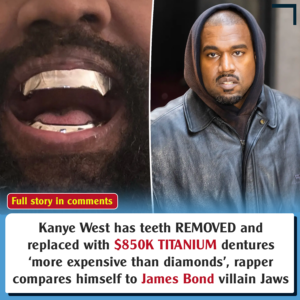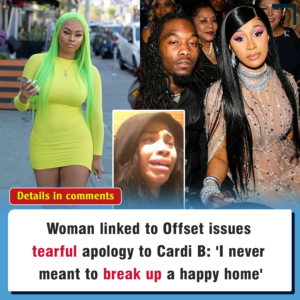As the artificial intelligence (AI) industry continues to grow and refine its operations, crossing new boundaries into everyday life, many in the fine arts and creative fields are left wondering what this means for their futures. How will human creativity fare in an AI-dominated world? How will artists retain control over their own creative output?
These questions are at the heart of the recent lawsuit brought by Universal Music against OpenAI. Universal Music, which represents well-known bands and musicians, is claiming that the works of musicians such as Katy Perry, Beyoncé, and The Rolling Stones were being copied and distributed by the AI.

The lawsuit alleges “systematic and widespread infringement” of the artists’ copyrights by OpenAI, which was founded by Elon Musk and other global tech industry leaders. Musk has since left OpenAI and gone off to create a competing company that he believes will“understand the true nature of the universe.” Musk walked away from OpenAI when the other funders declined his offer to run the organization himself.
This $75 million lawsuit by Universal Music Group against OpenAI follows swiftly on the heels of another lawsuit with similar grievances. The Authors Guild, which represents popular writers such as George R.R. Martin and Jonathan Franzen, has sued OpenAI for unlawful distribution of the authors’ works. Renowned journalist Rebecca Solnit has also discovered a staggering percentage of her own creative work has been captured and spun out unauthorized by AI. Similar concerns exist in the visual art field now that sites like Deep Dream Generator allow people to create their own AI art in seconds for no cost. And if AI art is selling for huge hauls at auction, what does this mean for individual artists’ talents and vision?
Will these lawsuits alter the way OpenAI engages with creative work? A tweet from the embattled CEO of OpenAI seems particularly relevant. Over the past summer, Sam Altman tweeted: “Everything ‘creative’ is a remix of things that happened in the past.” The artists’ whose unique creative vision is being appropriated may beg to disagree.
(featured image: Kevin Mazur/WireImage for Parkwood Entertainment & Chris Jackson/Getty Images)





